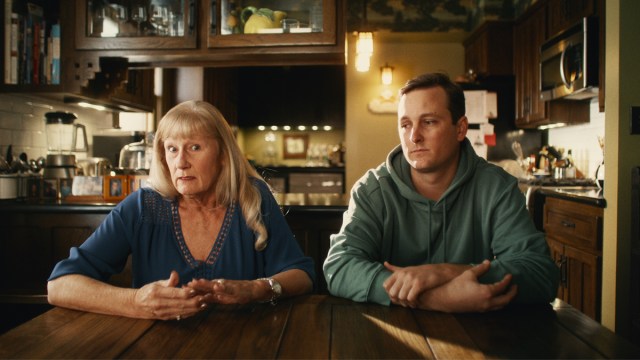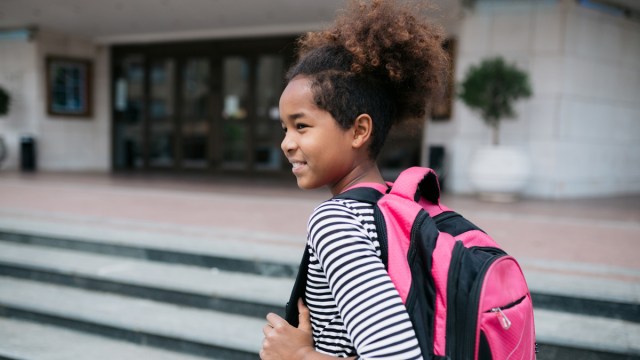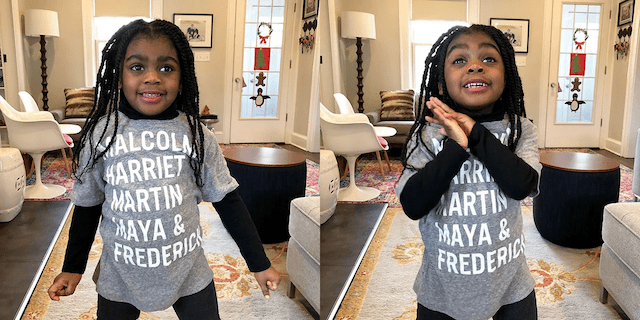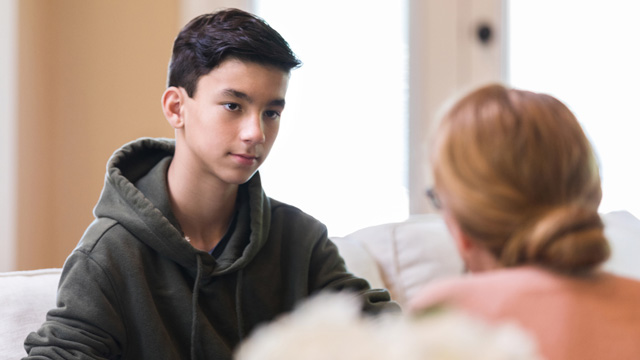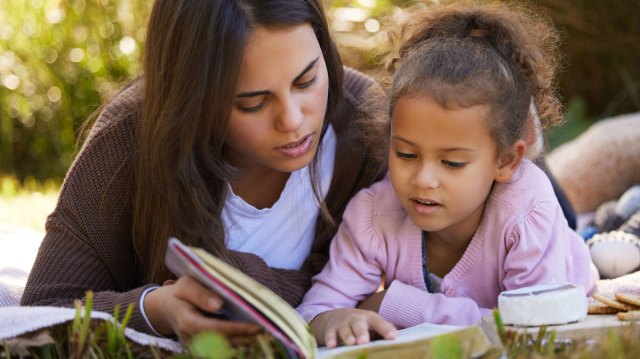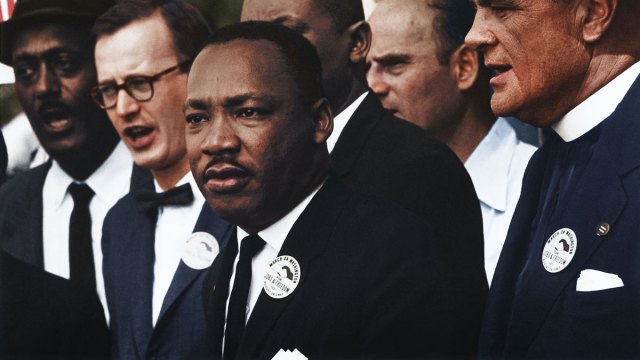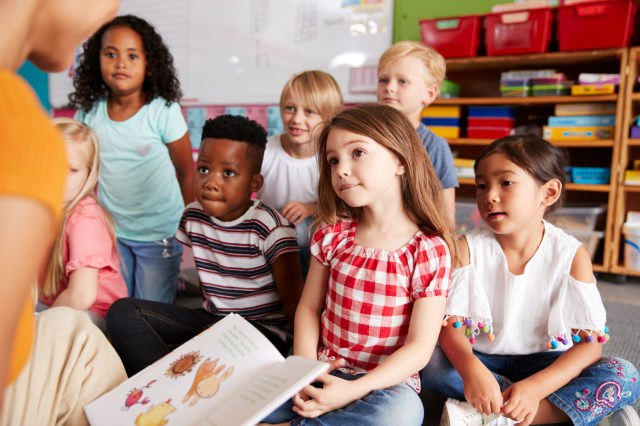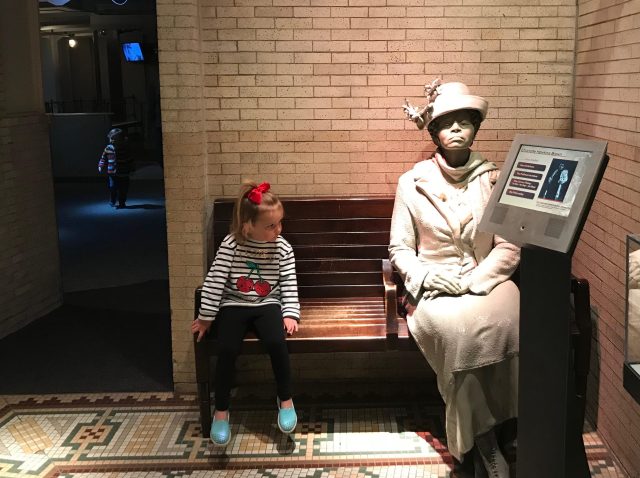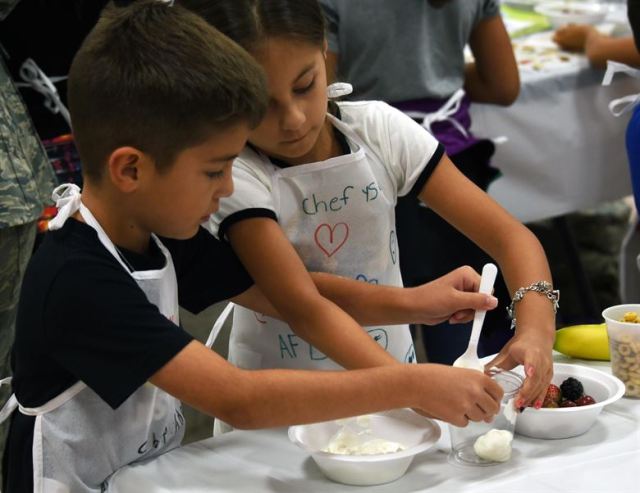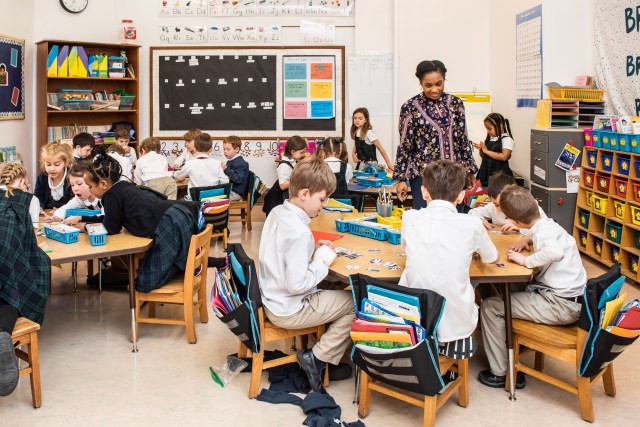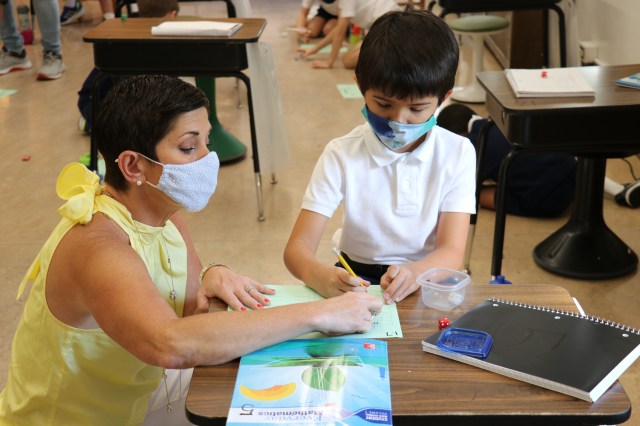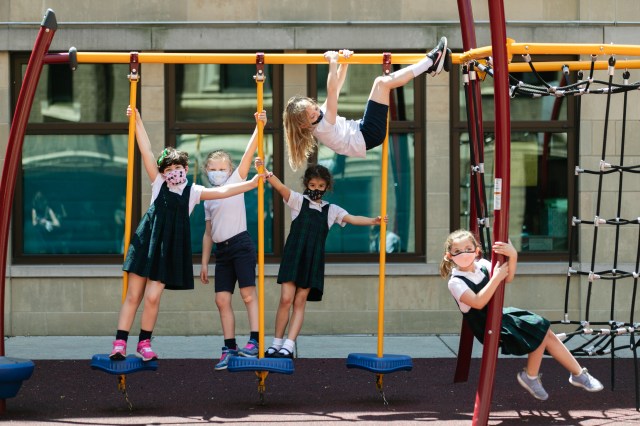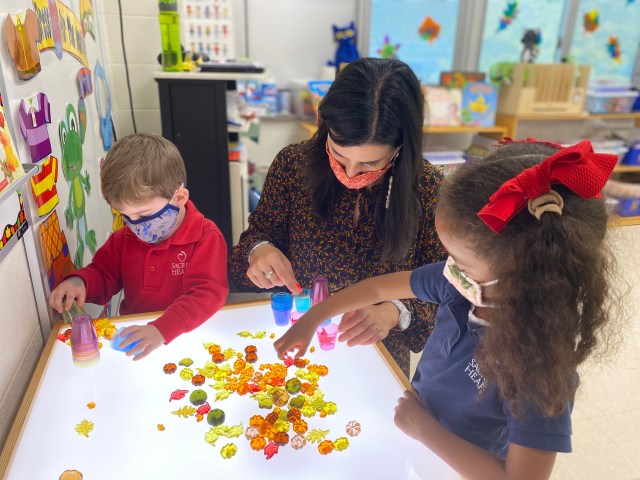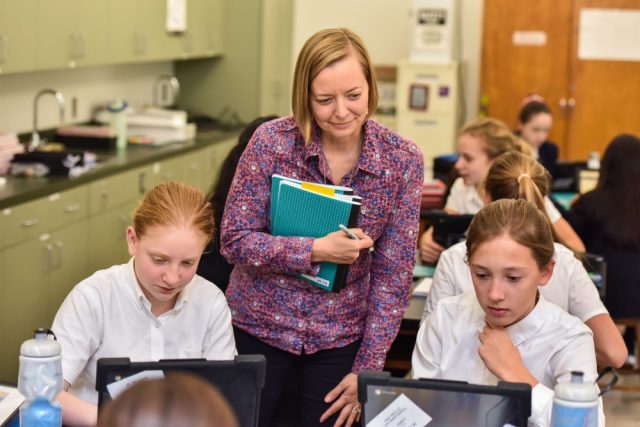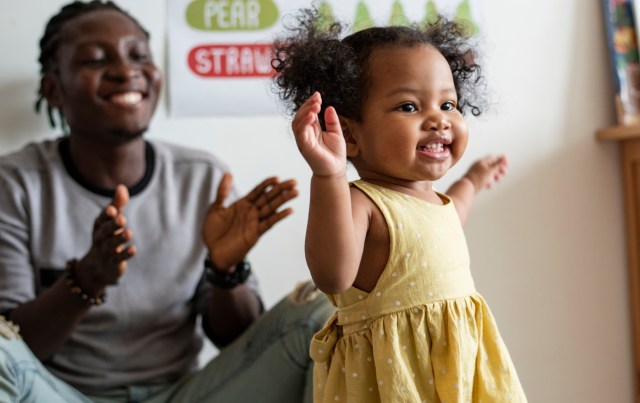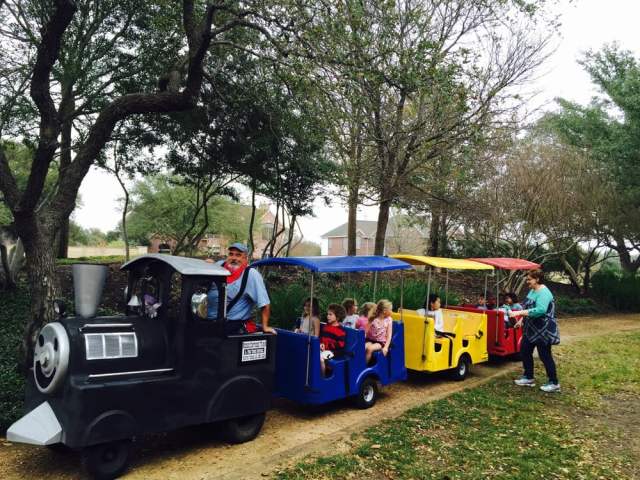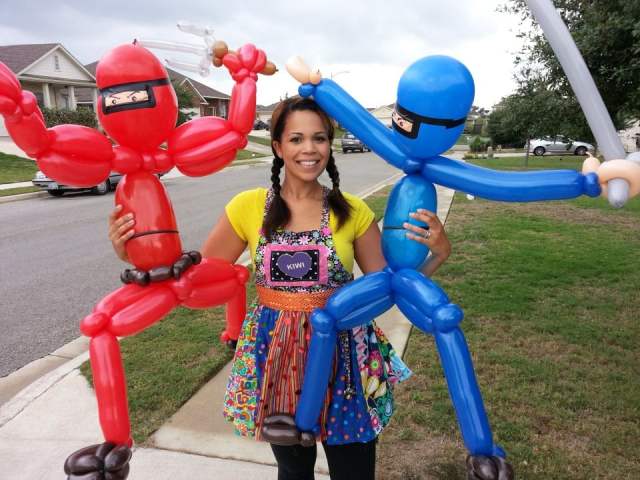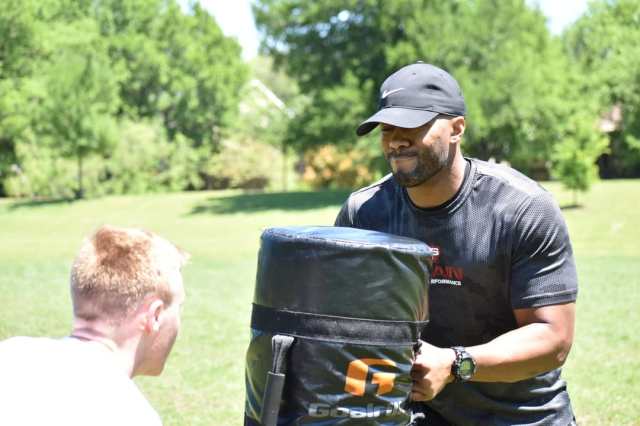Is there anything more relaxing after a long day of parenting than settling into the couch, grabbing a cup of tea, and breaking a 30-year-old cold case? When thinking of ways to unwind, grisly murder doesn’t naturally come to mind, yet women consume true crime entertainment—whether by documentary, docuseries, or podcast—at greater rates than men, and moms are among the biggest fans. There are theories as to why.
Some experts believe women are drawn to true crime because the victims are often female. Some think consuming true crime media helps women understand the criminal mindset and acts as a primer on how not to become a victim. Whatever the reason, we’re obsessed. And with so much out there, there’s no shortage of true crime docuseries to dive into. If you’ve already watched everything about the Night Stalker or are yet to join the true-crime-obsessed, here’s a list of series you need to check off immediately.
American Nightmare
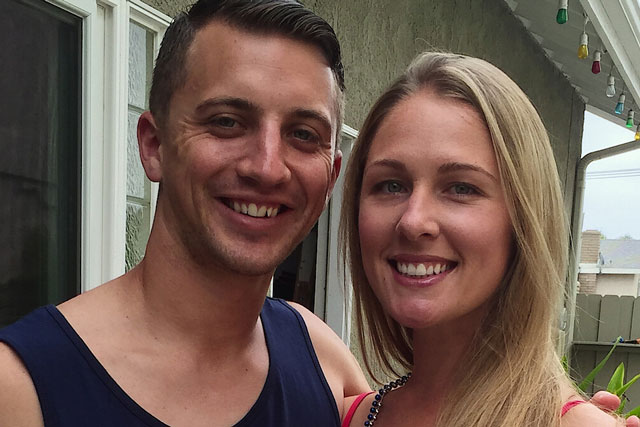
This three-part series explains how a home invasion and kidnapping led to Gone Girl-style accusations lodged against the kidnapped woman when she reappeared two days later. From the filmmakers behind The Tinder Swindler, this docuseries delves into the issue of investigators rushing to judgment and how that ultimately impacted the case and traumatized the victims. We especially loved the badass female detective who eventually broke the case wide open.
Where to stream: Netflix
The Case Against Adnan Syed
This four-part documentary series explores the 1999 murder of 18-year-old Hae Min Lee and the conviction of her ex-boyfriend Adnan Syed. The hugely popular “Serial” podcast brought the story to worldwide attention, and a few years after the podcast aired, Syed’s murder conviction was vacated, and he was released from prison after serving 20 years. HBO is producing a follow-up episode to the incredible unfolding of the story that will feature exclusive footage of Syed leading up to and following his release from prison. The investigation the filmmakers did in the original series was used as evidence in the hearing to release Syed—which makes this series even more compelling.
Where to stream: Max
The Curious Case of Natalia Grace: Natalia Speaks
In the first season of this fascinating series, we met Kristine and Michael Barnett, a couple who adopted a Ukrainian orphan named Natalia Grace who has a rare dwarfism condition called spondyloepiphyseal dysplasia congenita. The Barnetts claimed that Natalia not only threatened to harm them on numerous occasions but that she was actually an adult attempting to masquerade as a child. They went through the process of having her “re-aged” so that they would no longer be responsible for caring for her.
Season 2 “Natalia Speaks” addresses this story from Natalia’s point of view, specifically how Kristine Barnett formed this narrative because she no longer wanted to care for Natalia. You’ll want to dive into this series full of twists and turns that you won’t see coming (especially the shocking revelation in the series’ final episode). We’re seriously crossing our fingers for a Season 3.
Where to stream: Hulu
Escaping Twin Flames
Who doesn’t want to find their one true love, a soulmate or “twin flame”? Jeff and Shaleia Ayan established the online community of the Twin Flames Universe with just that goal in mind. This three-part docuseries provides interviews with former members who allege heavy coercion and manipulation led them into sometimes dangerous relationships with complete strangers who they were told were their twin flame. Want to learn more about this high-pressure group? Prime Video also released a series on the topic in 2023: Desperately Seeking Soulmate: Escaping Twin Flames Universe.
Where to stream: Netflix
Evil Genius

“In 2003 in Erie, Pennsylvania, a robbery gone wrong and a terrifying public murder capture the nation’s attention, and a bizarre collection of Midwestern hoarders, outcasts, and lawbreakers play cat-and-mouse with the FBI,” reads the series description on Netflix’s Evil Genius: The True Story of America’s Most Diabolical Bank Heist. But all of that doesn’t even scratch the surface of the twists and turns of this four-part docuseries. Add a small-town beauty queen turned criminal mastermind and the criminal case that came to be known as the “pizza bomber heist”—and you are in for a true crime rabbit hole you’re not ready for.
Where to stream: Netflix
Inventing Anna
Inventing Anna investigates the case of Anna Delvey, the Instagram-famous German heiress who quickly befriended key players in New York’s uber-rich social scene—and stole their money, too. The series was inspired by New York Magazine’s expose on the socialite—and poses the question, “Who the heck is Anna Delvey, and why was she able to trick so many people out of so much money?”
Where to stream: Netflix
Love Has Won: The Cult of Mother God
This series follows the life of self-proclaimed spiritual leader Amy Carlson, referred to as “Mother God” by those who worshiped her. She leads the Love Has Won group through spiritual enlightenment via live-streaming sessions with the help of a series of male partners she dubs “Father God.” Love Has Won: The Cult of Mother God features interviews with Love Has Won devotees, many of whom appear to still be involved in the cult, and culminates with Carlson’s disturbing death and the police investigation that followed.
Where to stream: Max
Lula Rich
LuLaRoe founders DeAnne Brady and Mark Stidham convinced thousands of women to buy into their pyramid scheme. They got rich while bankrupting those women they claimed to liberate with their products—predominantly poorly made leggings with questionable patterns. LulaRich is a four-part true crime docuseries that chronicles the unraveling of LuLaRoe; once known for their buttery soft leggings—now known for their terrible manipulation, questionable selling tactics, and ultimate demise.
Where to stream: Prime Video
Making a Murderer

Making a Murderer tells the story of Steven Avery, a man from Manitowoc County, Wisconsin, who served 18 years in prison after a wrongful conviction for sexual assault and attempted murder of Penny Beerntsen. He was later charged with and convicted of the 2005 murder of Teresa Halbach. It also tells the story of Avery’s nephew Brendan Dassey, who was accused and convicted as an accessory in the murder of Halbach. The series follows Avery’s arrest and conviction and his subsequent exoneration and release, then delves into the civil lawsuit he filed against Manitowoc County. There is so much going on here, you have to see it to believe it.
Where to stream: Netflix
Murdaugh Murders – A Southern Scandal
Alex Murdaugh’s face has been all over the news lately, convicted last week of the murder of his wife and son and sentenced to life in prison. The Murdaughs were at one time considered one of South Carolina’s most prominent families until the death of teenager Mallory Beach in a drunken boating accident started to scrape at the veneer of the family’s facade and reveal the darkness underneath. Paul Murdaugh—the alleged driver of the boat—and his mother Maggie were found brutally murdered in 2021, and “a century of corruption, power, and cover-ups in the Low Country” was brought to light. The three-part series focuses on first-hand accounts from people on the boat and people who have never spoken about the crash or double homicide until now.
Where to stream: Netflix
Our Father

Jacoba Ballard was an only child, conceived via donor sperm. Her dream of having siblings led her to take one of those at-home DNA tests to see if there were any out there. The test led her to discover seven half-brothers and sisters, which raised red flags for all involved. The siblings started investigating their family tree, which landed them on a shocking discovery: the family’s fertility doctor was using his sperm to inseminate his patients—without their knowledge or consent.
Where to stream: Netflix
Shiny Happy People: Duggar Family Secrets
This one is especially for all of you who have been long-time watchers of TLC’s 19 Kids and Counting, a series that followed the lives of ultra-religious Michelle and Jim Bob Duggar and their 19 kids. Shiny Happy People delves into some of the scandals that have followed the family, their involvement with the Institute in Basic Life Principles, and what went on behind the scenes of the popular television show. Interviews with daughter Jill (Duggar) Dillard, her husband Derick Dillard, and niece Amy (Duggar) King provided an eye-opening glimpse of the financial manipulation, abuse, and religious indoctrination that went on in the family.
Where to stream: Prime Video
Take Care of Maya
Maya Kowalski and her family are the center of this story that’s every parent’s nightmare. Ten-year-old Maya comes down with some unusual symptoms and her parents, Jack and Beata Kowalski, take her to the ER to find out what is going on. Beata is a nurse and had previously taken Maya to many different medical providers to try and figure out what was going on. One physician diagnosed Maya with complex regional pain syndrome and suggested ketamine as a treatment for her pain. So when Maya is admitted to the hospital from the ER, Beata suggests to the hospital staff that ketamine be given.
Instead of listening to Beata, the hospital finds this request to be suspicious and requests Child Protective Services evaluate Maya for possible child abuse by her mother. Take Care of Maya follows what happened after Maya was taken away from her family.
Where to stream: Netflix
Waco: American Apocalypse

In 1993, cult leader David Koresh faced off against the federal government in a 51-day siege that shook the American public. The conflict began with the biggest gunfight on American soil since the Civil War and ended in a fiery inferno—caught on live TV. It was the biggest news story in the world at the time, and viewers were hooked. In line with the 30th anniversary of the tragedy, Netflix is releasing the true crime docuseries on March 22, with unearthed footage and interviews with several people close to the case.
Where to stream: Netflix
The Way Down
Christian diet guru Gwen Shamblin Lara founded the Remnant Fellowship Church in 1999. She died with her husband and son-in-law in 2021 when her private Cessna crashed into Percy Priest Lake near Smyrna, Tennessee, shortly after takeoff. Four church leaders were with the family and were also killed in the crash. The fellowship taught its members to “turn away from the love of food and toward the love of God”—so it’s essentially a church based on dieting, which is the weirdest thing ever. The series details the truth behind Lara’s very carefully curated image and delves into the controversial practices of the church.
Where to stream: Max
Web of Death
This series follows the investigations of online sleuths who used digital footprints, DNA databases, and crowdsourcing to solve murder cases. Each episode follows a different case, like the investigation of the disappearance of Abraham Shakespeare who won a $30 million state lottery and was reported missing three years later. We love this one so much because really, we’d all like to be investigating true crime in our spare time from the comfort of our own homes.
Where to stream: Hulu
Additional reporting by Maria Guido
